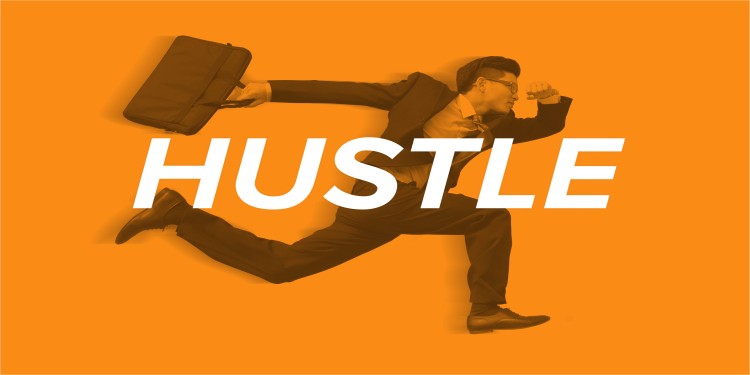In news– In recent years, many have embraced hustle culture, believing sustained hard work can turn every dream into reality.
What is hustle culture?
- Hustle culture, also known as burnout culture, centers around the idea that working long hours and sacrificing self-care are required in order to succeed.
- The word hustle comes from the Dutch word husselen, which means “to shake or toss”. As it became part of the English lexicon, it soon took on extended meanings like to crowd or push roughly, to obtain by energetic activity, and to obtain money by fraud or deception.
- But it wasn’t until the late 19th and early 20th century that hustle started to be associated with hard work.
- A report published by NPR mentioned “A 1914 job ad from The Chicago Defender, an African American newspaper, said delivering the paper was an ‘easy task’ for ‘any wide-awake boy with a little hustle in him.’
- Around the same time, the term began to be used to associate blackness with laziness. African Americans who failed to “make it” were blamed for not knowing how to hustle or considered lazy.
Is hustle culture sustainable?
- One of the biggest criticisms of modern-day hustle culture is that it encourages the myth of meritocracy, propagating that success and power can be won by anyone on the basis of merit, not social origins. Also, the entrepreneurs and self-help influencers who are promoting it, disregard the fact that for a large number of people, hustling isn’t even a choice.
- In 2021, a study published by authors from institutions including the World Health Organization (WHO) and the International Labour Organization (ILO) suggested that each year, three-quarters of a million people are dying from ischaemic heart disease (also known as coronary heart disease) and stroke, due to working long hours, defined as 55 hours or more per week.
- According to the BBC, it means that more people are dying from overwork than from malaria.














